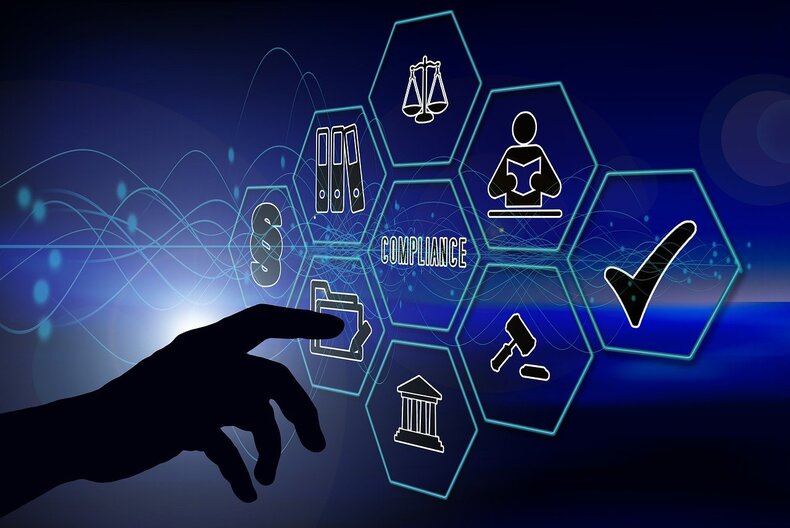What You Need to Know About NIST Compliance
If you work in cybersecurity, NIST or the National Institute of Standards and Technology is probably a term you have heard before. To keep up to date in the industry, you need to adhere to predetermined standards set by this group. Here’s what you need to know about becoming compliant.
What is the National Institute of Standards and Technology?
The NIST is a government agency that develops standards that helps technology industries in the US stay relevant and current. They study the latest technologies and create rules that deal with information processing. NIST standards help agencies and companies meet requirements set by the Federal Information Security Management Act or FISMA. One of the most popular frameworks developed by the NIST is the NIST Cybersecurity Framework. There are also other frameworks like NIST 800-171 and NIST 800-53. These frameworks confidentiality issues with federal data present on nonfederal systems, such as those owned by contractors. Contractors and other agencies implement these standards when dealing with CUI, which is Controlled Unclassified Information.
How Do I Become Compliant?
Claiming NIST compliance is unlike other regulatory frameworks. Different standards and organizations require you to have a third party assess your system and certify its security. With NIST, you can claim that you are compliant without having a third party perform an audit. Because of this, claiming you are compliant is not complicated and is not as stringent as other standards. You can create a security plan, and then you must submit scores for your NIST 800-171 if that is the framework you are completing.
Keep in mind that you must have a system security plan to perform the scoring assessment. The size of your corporation does not matter; you more than likely will have to submit a score. These scores range from -203 to 110. Once you finish with the assessment, you plan to fix any issues, and you have submitted your score, you can move to the next step. Next, you have to prepare your company for ongoing compliance. The certification is one where you must perform maintenance and upkeep to stay in adherence with the rules.
Why Should I Become Compliant?
NIST compliance means that you are keeping up with government regulations and procedures. It makes you eligible to bid for government contracts. If you remain non-compliant, you lose the opportunity to work with some government agencies. Also, when you are NIST compliant, you are well on your way to being compliant with other standards. It saves time and money if you want to comply with more than one standard.
However, you must take steps to remain in good standing and ensure system security. It can be achieved with ongoing training, continuous monitoring, and being aware of and fixing any security issues. Small businesses can also be compliant with NIST. These businesses can benefit from compliance by gaining the ability to understand cybersecurity better. In turn, they can better their reputations and perhaps gain more clients.
Becoming compliant isn’t always easy. It can be difficult if you have never done it before, and it can be time-consuming if you don’t have a lot of expendable resources. However, with diligent planning and training, it is possible. If you don’t feel confident that you can claim compliance on your own, professional resources are available. You can consult with these organizations to help with this.
NIST compliance has many benefits and incentives, and it keeps your system up to date and secure. By taking the time to implement any needed security measures, you can stay in good standing with government agencies. You can help your business reputation and put your clients at ease by letting them know you take cybersecurity seriously.

